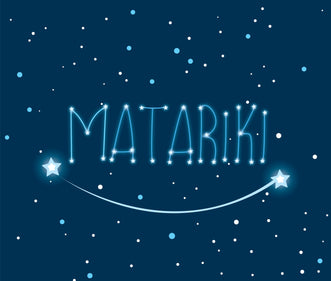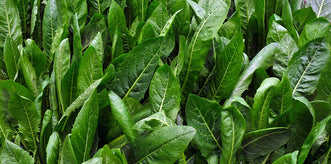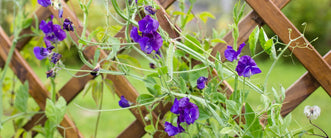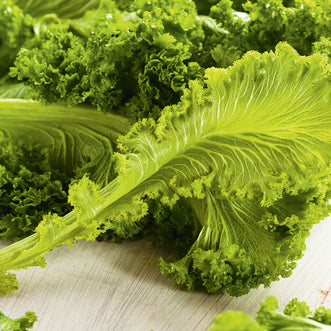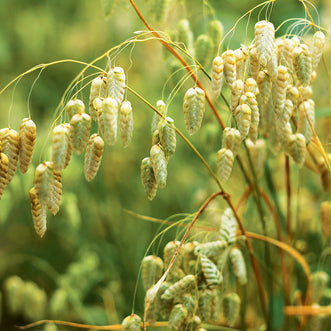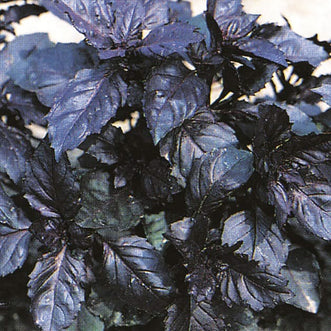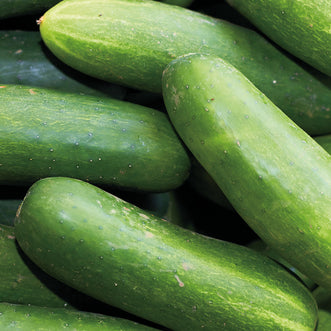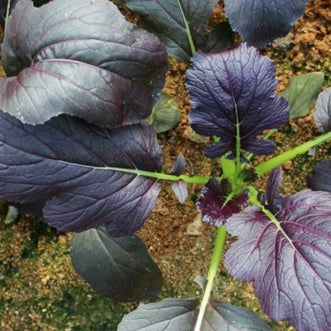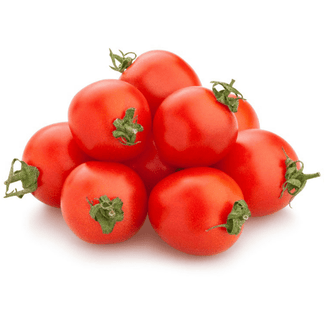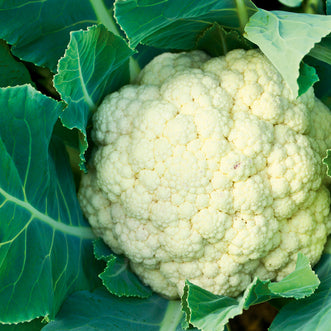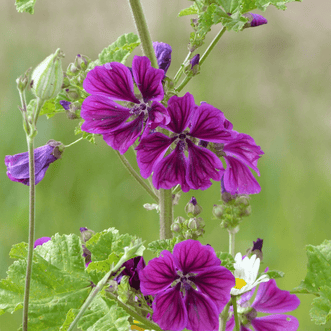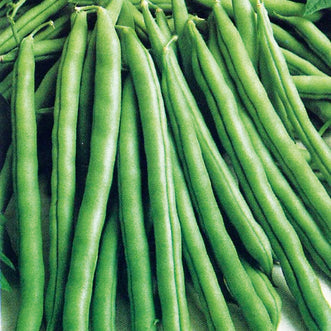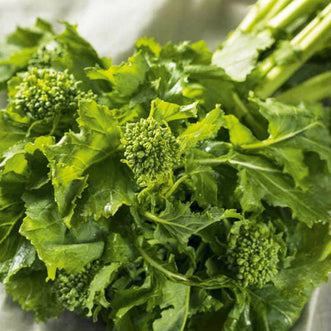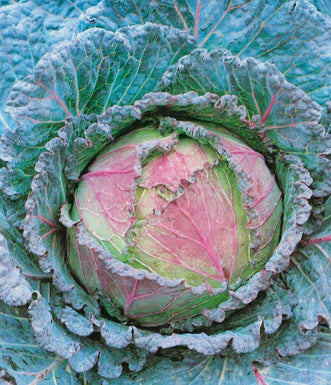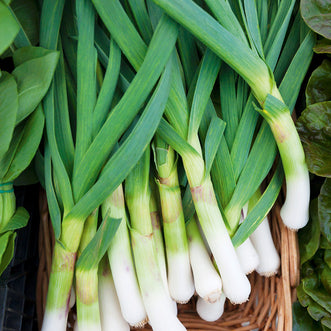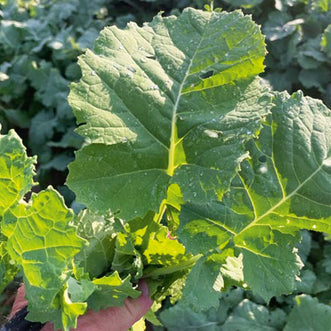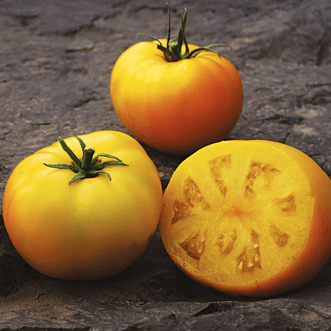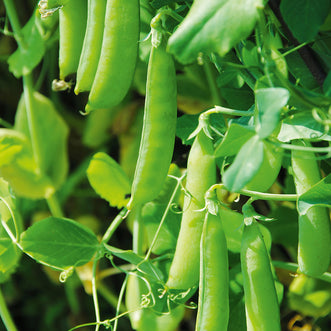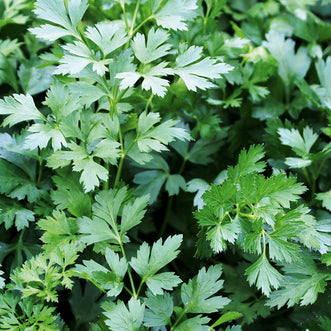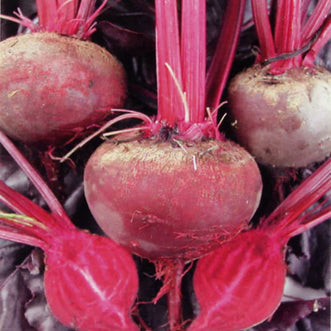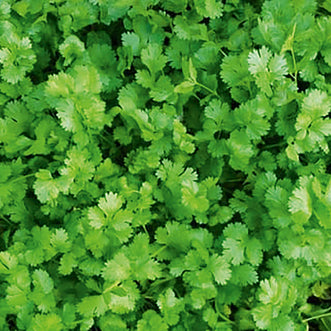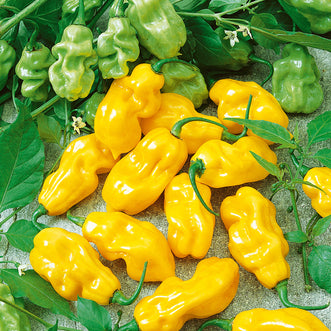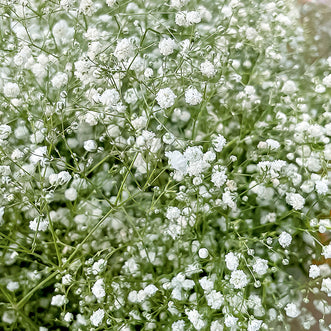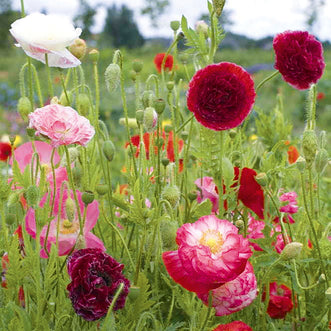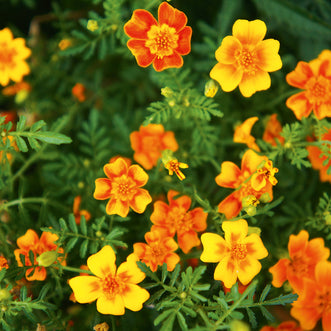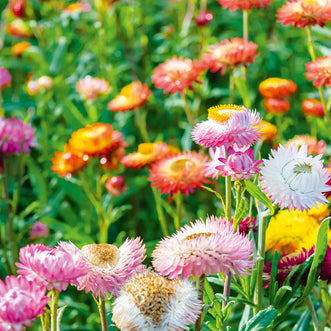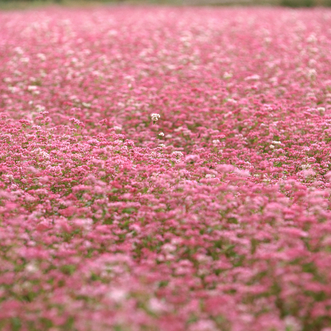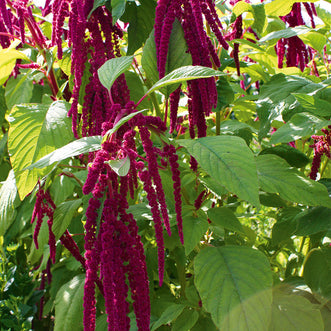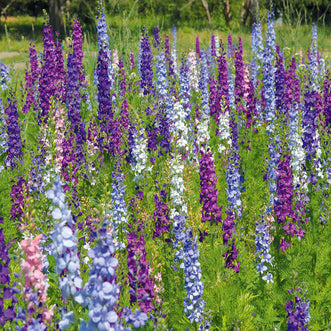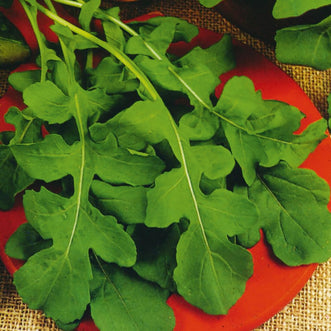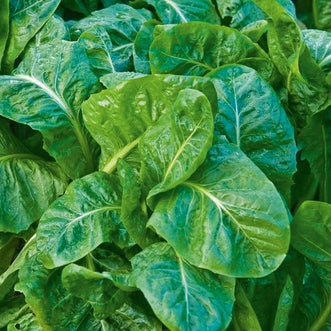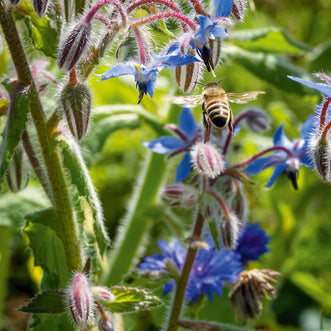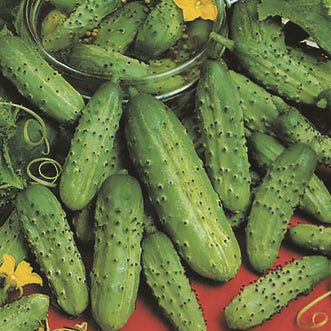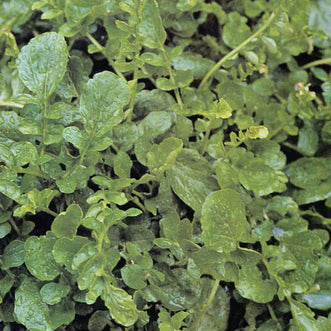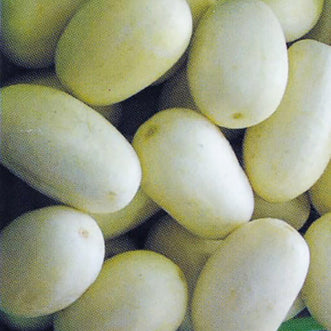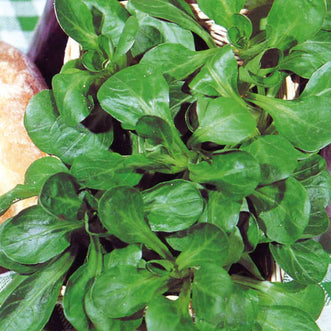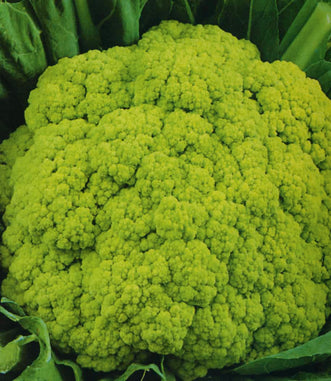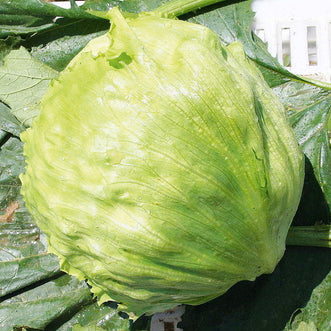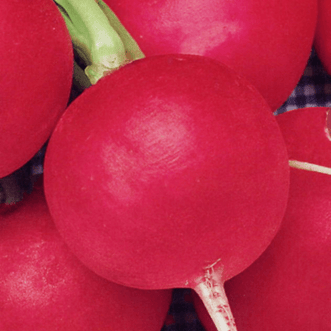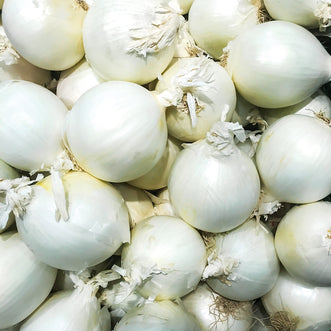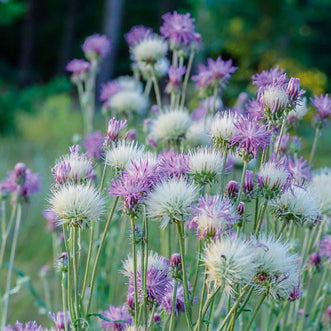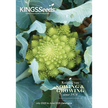Open Pollinated, Heirloom or Hybrid - Deciding Which Types of Seeds to Grow

OPEN POLLINATED, HEIRLOOM OR HYBRID SEEDS?
What’s the Difference?
There are many questions about these three groups of seeds.
What does open pollinated mean? Are all open pollinated varieties heirloom?
Is growing a hybrid a bad thing? Are hybrids the result of genetic engineering?
You may have asked these questions yourself, so let's put some common misconceptions to rest by explaining the differences....
An open pollinated (OP) variety refers to seeds that will breed "true to type" to that of its parents by self-pollination or being pollinated by another plant of the same variety. There will be some variation but they’ll generally be the same.
OPs are ideal for a home gardener if you don’t want all your produce maturing at the same time, allowing a staggered harvest. They're also useful for growing crops where you don't need exact uniformity.
An heirloom (H) variety is always open pollinated, with the seed having been saved by over two generations of gardeners. A generation is regarded as being 25 years so an heirloom must be at least 50 years old!
Some heirloom seeds date back many hundreds of years and often became noted when people migrated from one area of the world to another especially from the old European countries to the New World of the Americas and further afield.
Many heirlooms are still found in the gardens of different peoples from around the world: the corn and beans of Mexican and North American Indians, brassica from China, tomatoes from Central America or Water Spinach from Asia.
Hybrid (Hyb) seeds are the result of a cross between two plants that are genetically similar but different. This breeding is done to gain good qualities of both plants that might improve colour, flavour, uniformity, vigour, disease resistance or maybe early or late ripening.
A first cross is known as an F1 hybrid. If you saved the seed from this hybrid, that seed would be known as an F2 hybrid. However, it would not necessarily be true to type and you could end up with all sorts of results....
The saved seed from an F1 hybrid could be sterile, it could throw back to the characteristics of either of its parents or it could produce a plant that is totally different to anything else.
Hybrids are great for when you want a uniform crop for commercial purposes, when disease resistance is crucial, if a certain colour or flavour is important or when you have to harvest the whole crop at once.
Once upon a time…
Quite often there is a story or legend to be told about heirlooms that makes them more interesting than their modern counterparts.
Aquilegia Nora Barlow was named after Lady Nora Barlow, a noted geneticist in her day (1885 – 1989) and also granddaughter of Charles Darwin.
Janet Burns was given seeds of a spectacular lemon basil by a friend in Carlsbad, New Mexico in 1939 which she went on to commercialise. We all know it as Mrs Burns Lemon!
Tomato San Marzano was a present from the Kingdom of Peru to the Kingdom of Naples in 1770 and was grown for several generations only in the Campania region of southern Italy.

Happily ever after....
Beetroot Detroit Dark Red dates back to 1892 when it was first introduced by the DM Ferry Seed Company of Detroit USA.
In the 1850s, noted French seedsman and breeder, Henri Vilmorin, selected an orange carrot and named it after the city of Nantes in the French province of Brittany. Carrot Scarlet Nantes remains one of the world's most popular carrot styles.
A silverbeet selected by W. Atlee Burpee, a noted Pennsylvanian seedsman, was named after his rural property Fordhook Farm. W. Atlee would travel through the Mid-West selling seed to the new settlers and farmers. So popular was he that Atlee was the number One boy's name in the late 1880s. His Beet Ford Hook Giant is still a top performer now.

Can a hybrid be organic
or an heirloom?
Yes, a hybrid can be organically produced as long as it is done using approved breeding techniques and doesn’t have parents from different genes.
No, a hybrid can’t be an heirloom, an heirloom must be open pollinated.
And finally just remember that all human beings are hybrids - our parents selected partners from within their species that had the desirable qualities they sought, be it beauty, brains or body shape – genetically similar but different.
Just like them, the choice is up to you - OP/Heirloom or Hybrid?
Basil Mrs Burns Lemon

Carrot Scarlet Nantes

Tomato San Marzano


